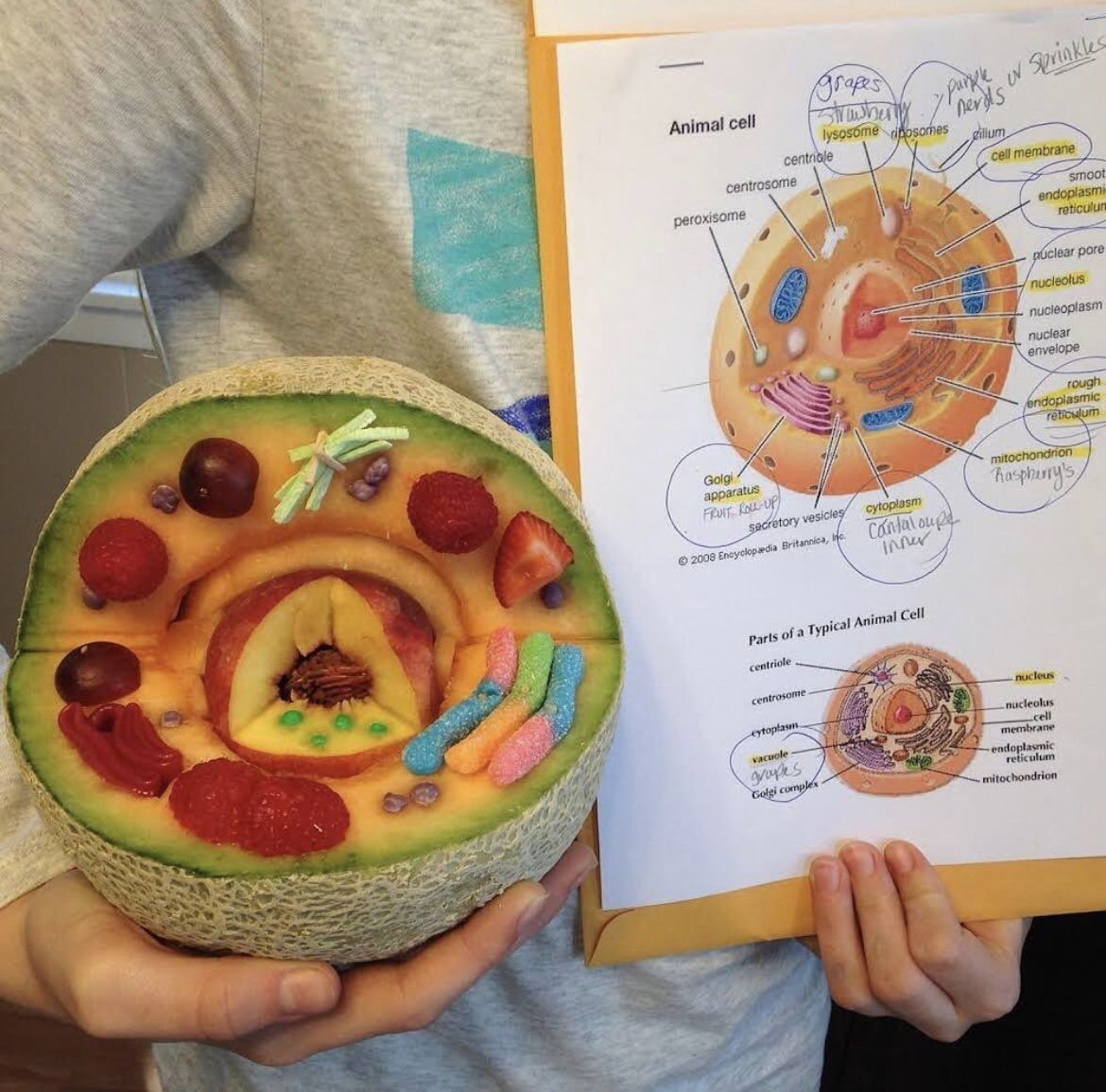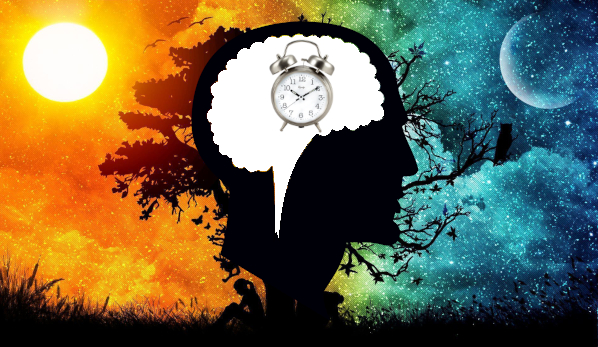As the new year gets going, most people have already set some New Year's resolutions (here's some if you're of the science-y academic ilk) and chief among these is usually to exercise more and lose that holiday weight after the mounds of cookies and pie. It is perhaps not a coincidence that the latest Science Magazine Breakthrough of the Year recognizes GLP-1 drugs, which have been shown not only to be effective in managing diabetes, but also has significant impact on weight loss. The demand for these drugs has skyrocketed over the last few years as the word of their efficacy has spread, leading to supply chain issues that could adversely affect diabetes patients dependent on the medications. As the various GLP-1 drugs remain in short supply, it seems a good time to explore these drugs, their potential contributions to global human health, and what can be done to ensure they are accessible to those who need them most.






